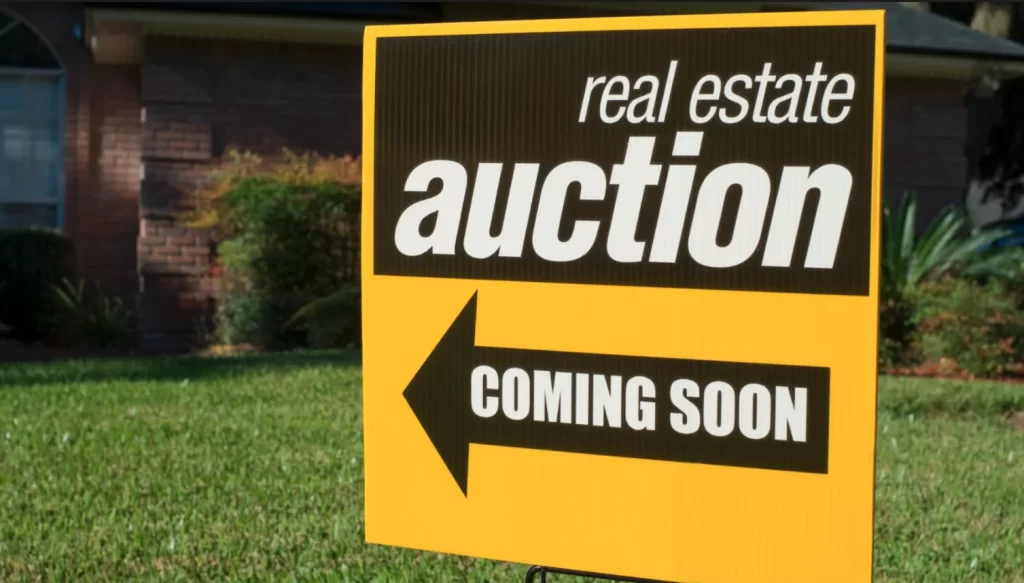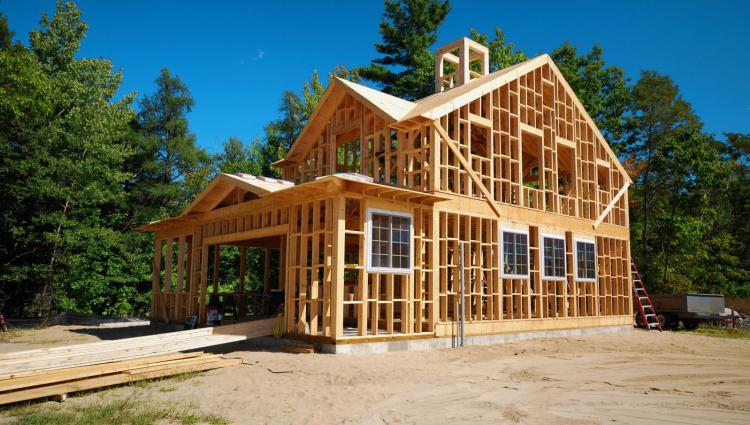How to Snag Your Dream House on Auction Without Overpaying in the whirlwind world of real estate, auctions are the unsung heroes mysterious, fast-paced, and often misunderstood. The thought of clinching the keys to your dream house on auction at a fraction of the market price feels like winning the lottery. But there’s an art to navigating this uncharted terrain without draining your wallet or drowning in post-bid regret.
This is not your run-of-the-mill guide. This is your golden playbook to mastering the art of scoring the perfect house on auction without overpaying. Let’s dive into the drama, strategy, and insider tricks that can make you the proud owner of a new home without emptying your savings account.

1. The Hidden Treasure Map: Understanding Auction Basics
Before you raise your paddle or click that online “Bid Now” button, pause.
A house on auction isn’t always what it seems. Auctions come in many flavors—government-seized properties, foreclosures, estate sales, and bank-owned homes. Some are pristine gems, others require more imagination than a Picasso. The key? Know which you’re dealing with.
Types of Auctions
- Absolute Auction: The highest bidder wins, regardless of price.
- Reserve Auction: The seller sets a minimum acceptable price.
- Foreclosure Auction: Held by banks or lenders to recover unpaid mortgage debt.
Each format comes with its own rules of engagement. Skip the fine print at your peril.
2. Intelligence Is Your Greatest Asset
Buying a house on auction without doing your homework is like playing darts blindfolded.
Start with a deep-dive investigation into the property. If it’s possible, tour the house (many auctions don’t allow this, which raises risk). If you can’t go inside, drive by and observe. Are the windows boarded up? Is the yard a jungle? Are there signs of long-term vacancy?
Dig into the Details:
- Title Check: Ensure the property has no liens, unpaid taxes, or legal encumbrances.
- Neighborhood Analysis: Compare similar properties. Is this a diamond in the rough or just rough?
- Auction Terms: Read the full auction packet. Know the deposit amount, buyer premiums, and payment deadlines.
A little reconnaissance could save you thousands—or save you from a disastrous decision.
3. Budget Like a Battle-Hardened General
Set your ceiling and carve it in stone. The most dangerous thing in an auction? Emotion.
The heart wants what it wants—but your wallet doesn’t have to listen. Establish your absolute maximum bid before the auction begins, and under no circumstance should you cross it.
Consider All Costs:
- Auction Fee/Premium: Typically 5–10% of the final bid.
- Repairs: Budget for both cosmetic and structural fixes.
- Legal & Transfer Fees: These add up quickly and can blindside an unprepared bidder.
- Utilities & Insurance: As soon as you win, the clock starts ticking.
A house on auction might look like a bargain, but the hidden costs can sneak up like ninjas in the night.
4. Practice Makes Bidding Perfect
Before placing your first real bid, immerse yourself in the auction world. Attend a few as an observer. Watch the ebb and flow of bids, the rhythm of the auctioneer, the tactics of experienced buyers.
Better yet, take part in a mock auction or join online platforms where you can practice in a sandbox environment. Auctions are adrenaline-charged arenas. Training in a low-stakes setting can be your secret weapon.
Pro Tips for Bidding:
- Start low. Don’t open with your maximum.
- Stay calm. Quick, frantic bidding makes you look desperate—and invites competition.
- Don’t show all your cards. Silence is strategic.
The veteran bidder is rarely the loudest. Master restraint and timing, and you’ll outfox even the most aggressive players.
5. Find the Underdogs: Where to Look for Value
Everyone flocks to high-traffic platforms like Zillow, Realtor.com, or Hubzu. But often, the best deals on a house on auction lie off the beaten path.
Explore county tax auction sites, estate auction firms, and even newspaper classifieds. Government auction sites, such as HUD or Fannie Mae’s HomePath, are lesser-known treasure troves.
These platforms are often filled with overlooked homes—ones that haven’t been polished to perfection or pushed with aggressive marketing. Less competition means lower prices and higher chances of walking away victorious.
6. Financing Without the Fuss
Many auctions require full payment within days—sometimes hours—after the hammer falls. If your plan involves financing, you’ll need a pre-approval letter and a lender experienced in auction homes.
But here’s the catch: traditional mortgages often don’t apply to distressed properties. You may need:
- Hard Money Loans
- Cash Reserves
- Bridge Loans
Each comes with pros and cons. Speed is critical. Having your funds lined up beforehand is non-negotiable. A dream house on auction can quickly turn into a nightmare if you can’t close in time.
7. Know When to Walk Away
Every savvy buyer must know this one truth: the perfect home isn’t perfect if it ruins you financially.
Auction fever is real. Bidders get swept up in competition, in pride, in the sheer thrill of victory. Don’t let ego cost you your financial sanity.
Ask yourself:
- Is this really a deal?
- Can I afford repairs and holding costs?
- Am I ignoring red flags just to win?
Sometimes, walking away is the wisest—and bravest—move. There will always be another house on auction.
8. After the Gavel Falls: What Happens Next
You’ve won. The gavel strikes. Cheers (and maybe some envy) from fellow bidders. What now?
Winning the bid is just the beginning. Here’s your post-auction punch list:
- Pay the Deposit Immediately
- Secure Funding for the Balance
- Transfer the Title
- Start Repairs or Renovations
- Handle Permits and Inspections
Depending on the condition of the house on auction, this phase can be smooth sailing—or a rollercoaster. Plan for delays. Have extra cash on hand. And don’t forget to update your homeowner’s insurance the moment you take possession.
9. Renovate with Intention, Not Impulse
Renovating a house on auction can turn a dusty relic into a gleaming prize—or into a money pit.
Create a renovation roadmap:
- What must be done immediately? (Think roof, plumbing, electric)
- What can wait? (Landscaping, upgrades)
- What adds value? (Kitchens, bathrooms, curb appeal)
Avoid vanity renovations unless you’re flipping the property. Focus on structural integrity, functionality, and code compliance. Aim for smart, efficient upgrades that maximize ROI.
10. Renting or Reselling: Play the Long Game
Once you’ve secured and revamped your house on auction, what’s next? Live in it, rent it, or flip it?
- Living in it? You’ve scored a great deal and earned instant equity.
- Renting it? Ensure the area supports strong rental demand.
- Flipping it? Track every expense to calculate profit margins.
The true reward of auction home buying isn’t just in the acquisition—it’s in what you do afterward. The game isn’t over when you win the house. That’s when the real strategy begins.
Final Thoughts: Turning the Odds in Your Favor
Buying a house on auction is not for the faint of heart. It’s thrilling, unpredictable, and ripe with potential. With the right knowledge, preparation, and a dash of courage, you can snag your dream home without overpaying—and maybe even build a portfolio in the process.
The key is to treat each auction as a chess match, not a lottery ticket. Think five moves ahead. Stay grounded. And never, ever fall in love with a property until you’ve won it (and inspected it).
The world of auctions rewards the curious, the calculated, and the composed. And now, with these tools in hand, you’re ready to step into that world—not as a hopeful dreamer, but as a strategic victor.
So go ahead. Find that perfect house on auction. And when you do, make sure the hammer falls in your favor.




